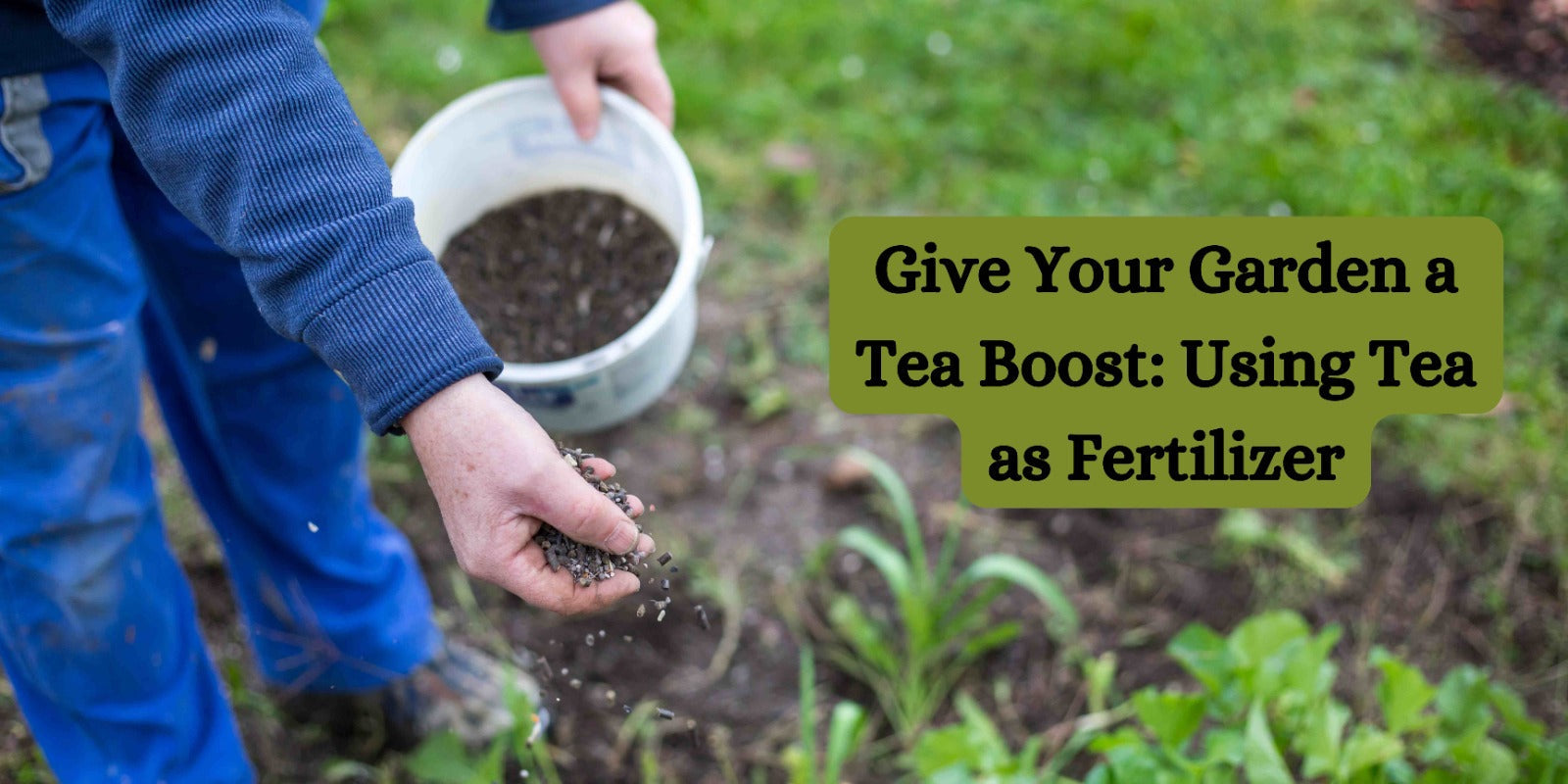Tea is one of the most popular beverages in the world, enjoyed by people of all ages. But when it comes to children, many parents wonder: Is tea safe for kids? Can it offer any benefits? While tea can be a soothing and healthy drink, there are some important factors to consider before introducing it to your child’s diet.
In this blog, we will explore whether children can drink tea, the potential benefits and risks, and the best tea options for kids.
Can Children Drink Tea?
Yes, children can drink tea, but not all teas are suitable for them. While herbal teas can offer health benefits, traditional teas like black tea and green tea contain caffeine, which may not be ideal for young kids.
Caffeine can cause:
-
Sleep disturbances
-
Increased heart rate
-
Restlessness and anxiety
-
Reduced calcium absorption (important for bone growth)
Therefore, caffeinated teas should be limited or avoided for children, especially those under five years old. While some teas contain caffeine, naturally caffeine-free herbal varieties provide a safe and healthy alternative for kids.
Benefits of Tea for Children
If chosen wisely, tea can provide several benefits for kids:
✅ Boosts Digestion – Certain herbal teas, like chamomile and peppermint tea, can help relieve stomachaches, bloating, and indigestion.
✅ Supports Immunity – Herbal teas like ginger tea and tulsi (holy basil) tea are rich in antioxidants, which help strengthen the immune system.
✅ Improves Hydration – Some children don’t like drinking plain water. Offering mild herbal tea can be a fun way to keep them hydrated.
✅ Promotes Relaxation – Herbal teas like chamomile and lavender have calming properties that can help children feel relaxed and sleep better.
✅ Soothes Colds and Coughs – Warm tea with honey can provide relief from sore throats, coughs, and colds. Ginger and turmeric tea are especially good for boosting recovery.
Best Teas for Kids
If you want to introduce tea to your child, herbal teas are the safest option. Here are some of the best choices:
🍵 Chamomile Tea – Helps with relaxation, sleep, and digestion.
🍵 Peppermint Tea – Soothes stomachaches and improves digestion.
🍵 Ginger Tea – Helps with colds, nausea, and digestion.
🍵 Tulsi (Holy Basil) Tea – Strengthens immunity and reduces stress.
🍵 Lemon Balm Tea – Calms anxiety and improves focus.
🍵 Fennel Tea – Relieves gas and bloating in kids.
💡 Tip: Always serve herbal teas mild and lukewarm for children. Avoid adding sugar—honey can be used for children over one year old.
Teas to Avoid for Kids
🚫 Black Tea & Green Tea – The high caffeine content can interfere with sleep and hinder calcium absorption.
🚫 Matcha Tea – Contains high amounts of caffeine.
🚫 Yerba Mate & Oolong Tea – Also contain caffeine and are not suitable for young children.
🚫 Flavored & Artificial Teas – Some store-bought teas contain added sugar, artificial flavors, and preservatives. Always check the ingredients before giving tea to kids.
How to Introduce Tea to Children
If you want to introduce tea to your child’s diet, follow these tips:
✔️ Start with small amounts – Begin with a few sips to check for any allergic reactions.
✔️ Use mild herbal teas – Choose caffeine-free and lightly brewed teas.
✔️ Avoid adding sugar – Use honey (for kids over 1 year old) or natural fruit flavors instead.
✔️ Serve it warm, not hot – Always check the temperature before giving tea to your child.
✔️ Make it fun – Serve tea in a colorful cup or add a splash of fruit juice to make it more appealing.
Conclusion
Tea can be a safe and healthy drink for children if you choose the right type. Herbal teas like chamomile, ginger, and peppermint can support digestion, boost immunity, and promote relaxation. However, caffeinated teas like black tea, green tea, and matcha should be avoided for young kids.
If you decide to introduce tea to your child’s diet, always start with small amounts and consult a pediatrician if needed. With the right choices, tea can be a comforting, natural, and healthy addition to your child’s routine!




